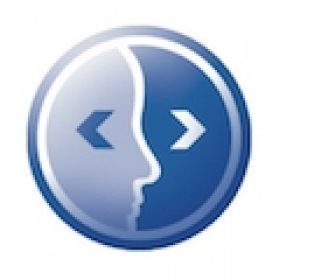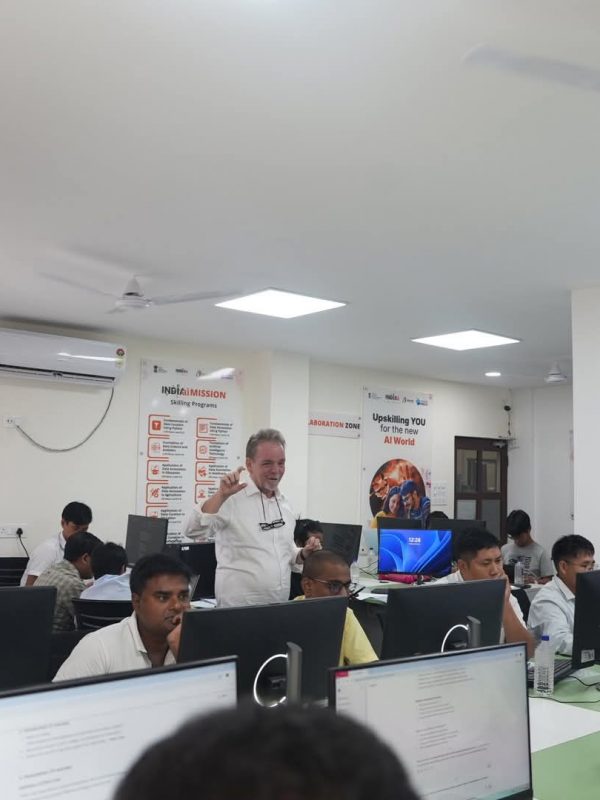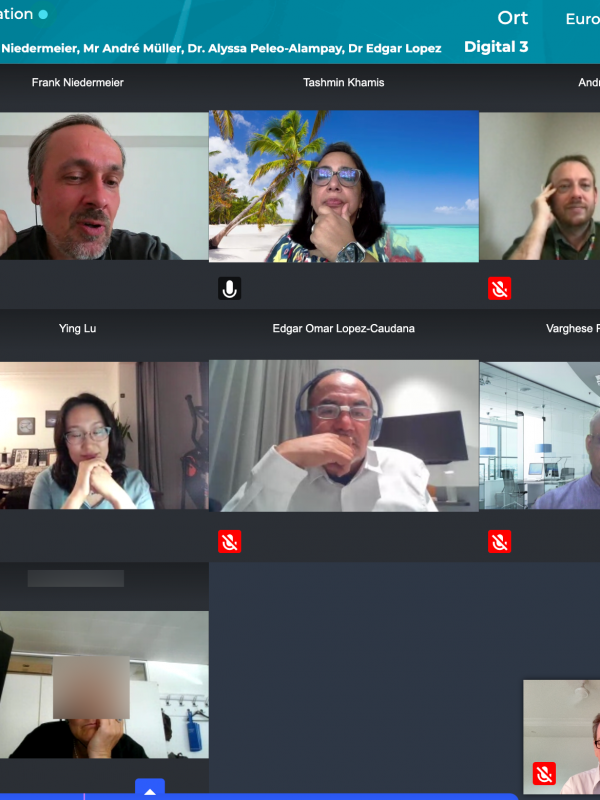9. Oktober 2025 On September 25–26, 2025, we had the privilege to facilitate an immersive, hands-on workshop on generative AI (genAI) for 22 […]
Author: Jörg Hafer
Artificial Intelligence in Education – Insights from the International Conference AI in Education for Viksit Bharat @2047
Global Perspectives on AI in Education: A Shared Set of Challenges.
How can artificial intelligence transform education – and what does that transformation look like in practice? A recent conference in India brought together educators, policymakers, researchers, and students to explore the promise and pitfalls of AI in classrooms, curricula, and campus life. The discussions offered valuable perspectives that go far beyond the local context – pointing to global tensions between digital ambition, institutional readiness, and the social fabric of learning.
Let’s Talk ANT!
With Actor-Network Theory (ANT), we can take a new look at phenomena in educational digitalization. ANT calls for understanding things, technologies, and concepts as equal actors. This post describes how this perspective can be applied to generative AI, teaching materials, and didactic models—and how it helps to make complex networks of effects visible.
Micro-credentials for South Asia. New learning in new formats
Review of the DS2S Regional Meeting in Bangalore: International colleagues from Asia and Germany discussed the development of future skills in higher education. The focus was on learner-centered approaches, cooperation on equal terms, and the opportunities offered by micro-credentials. Companies and universities are seeking new qualification pathways – synergies for higher education are emerging worldwide.
The Concept of Educational Technology as a Kaleidoscope of Digital Education
Educational technology is a central concept when it comes to the digitalization of education. The contradictions and isomorphisms it contains shape the development […]
Inspiration from the STRENGTH project workshop in Dresden
Innovative methods for developing digital skills for migrant women were presented at the STRENGTH project workshop in Dresden. The focus was on targeted media use, self-learning and collaboration. The LASLLIAM concept for literacy in the second language, which promotes an organic image of skills, was particularly exciting.
(Un)common Grounds for Higher Education
Our workshop at the UFFestival brought together higher education experts from six non-European countries to share their views and experiences on improving the quality and access of higher education. The discussions covered topics such as didactic innovations, racism, inequality, and hybrid teaching methods that ensure access in times of crisis.
CheatGPT, cheat on A-level exams and the problem of authorship
At its core, the debate about cheating on A-level exams with ChatGPT concerns the ambiguity of authorship of AI texts and control in exams. The problem of proving cheating attempts using constructs such as “individual, independent performance” points to the outdated nature of exam culture in a digital media landscape.
By the way. Pickings from my news stream. (India edition)
By the way. Pickings from my news stream. (India edition): Higher Education numbers in India continue to grow + Push for campuses of foreign HEIs in India + Indian digital Central Academic Bank of Credits (ABC) becomes mandatory + Regression in India’s Academic Freedom Index score
Higher Education Barometer 2022: Teaching is rated worse, which is due to online teaching – maybe…
The Stifterverband regularly surveys university administrations in Germany about their assessment of the general climate in their institutions. The publication a few days ago, which refers to the year 2021, shows an overall positive picture but also a clear kink in the assessment of one’s own teaching. The authors of the report suspect that it could be due to the switch to online teaching, but this does not seem very plausible in the overall picture.










